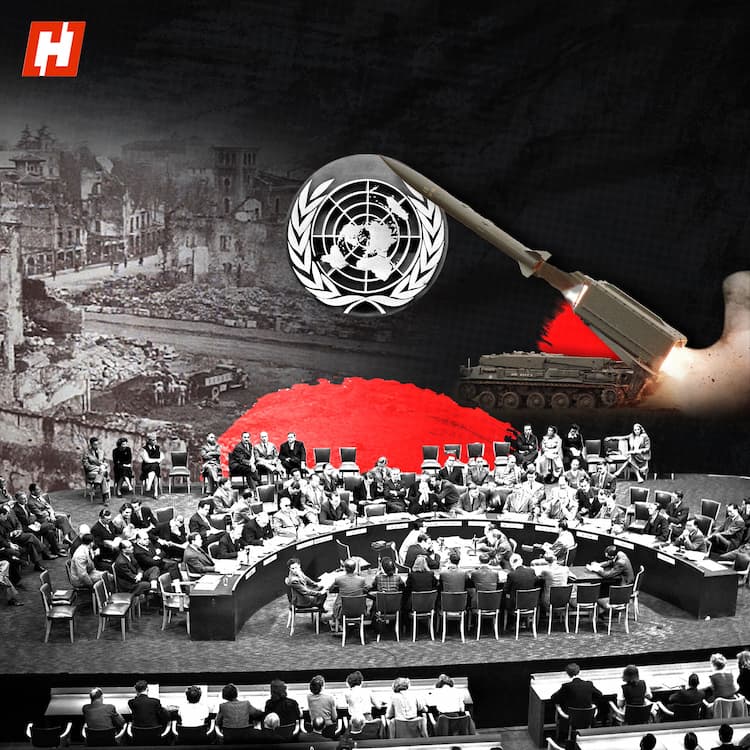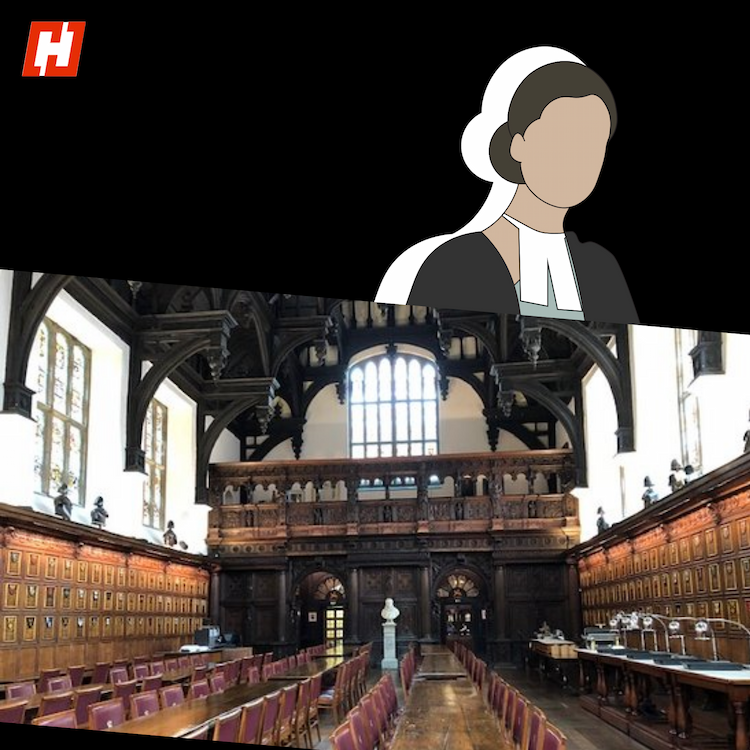Israel and Iran have ceased fire, for now. Hours after US President Donald Trump declared the end of the '12-day war', both Tehran and Tel Aviv confirmed the truce.
But uncertainty persists, as neither Washington or the Middle-Eastern rivals have revealed the contours of the agreed-upon peace. Will Iran resume its nuclear enrichment programme, the source of the current conflict with Israel and the US?
Though Trump claims US airstrikes 'obliterated' Fordow, Natanz, Isfahan, experts believe Tehran moved its stockpile to safety before the attacks.
Will the US and Israel seek to attack Iran's nuclear programme, if it resumes? Will Trump continue to push for a regime change in Iran? Given the history with Trump and the nuclear deal, Tehran is not ready to trust US diplomacy yet.
Instead, its busy putting a succession plan in place for Ayatollah Ali Khamenei. A Khamenei-appointed three-man committee has ramped up its efforts to identify the next Supreme Leader.
Amid fears of an assassination by the US or Israel, the Ayatollah has reportedly been sheltering in a bunker and has suspended all electronic communications with Iran's commanders.
Anticipating the worst-case scenario, the ruling establishment has zeroed in on six successors to Khamenei to signal stability and continuity.
Must Read: Despite violations, a furious Trump ensures Israel-Iran ceasefire holds
Among the list are two frontrunners. Hassan Khomeini, the grandson of Ruhollah Khomeini, who is regarded as the father of the Islamic revolution, and Khamenei's 56-year-old son Mojtaba, long seen as a choice that would ensure continuity.
Khomeini is a close ally of the reformist faction that favours the easing of social and political restrictions -- that would mean freedom of speech, and no more dress codes for women. He is said to have earned support from senior clerics and the Revolutionary Guards because of his lineage.
Khomeini came into contention as a serious candidate this month after the conflict with Israel and America. Five insiders in know of the succession plan told Reuters that Khomeini represents a more conciliatory choice internationally and domestically than Mojtaba Khamenei.
Mojtaba, on the other hand, is more of a hardliner, just like his father, Ayatollah Khamenei. But Ayatollah Khamenei hasn't publicly expressed any preference for his successor.
Reports say that Khamenei has opposed the suggestion of his son taking over, as he is concerned about the idea of Iran returning to the kind of hereditary rule that ended with the ousting of the Shah in 1979.
Yet, strong voices are emerging to completely oust the theocratic system of governance in Iran. And one person is leading the charge: Reza Pahlavi, the exiled son of the last Shah of Iran.
The Shah, Mohammad Reza Pahlavi, was ousted in the 1979 revolution that created the Islamic Republic. The Shiite regime, which has been in power for over four decades, has been unpopular among many Iranians.
The strong discontent against the all-powerful clerics has often resulted in mass protests on several occasions, with the latest one against forced dress codes and other restrictions on women. And Reza Pahalvi, along with other opposition parties, senses a perfect opportunity to tap into this resentment and overthrow the supreme leader.
They believe that the Shia regime’s credibility is at its weakest post the assault launched by Israel and America. Hence, Pahlavi, whose supporters style him as the ‘Crown Prince of Iran’, sees this as the perfect opportunity to advance the demands of regime change.
He appealed to the international community to help the Iranian people force out Khamenei and his religious dictatorship.
Must Read: NATO to ramp up defence spending to 5% amid rising Russian threats





